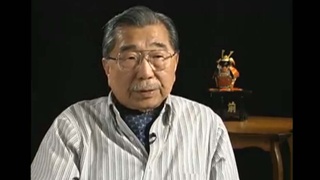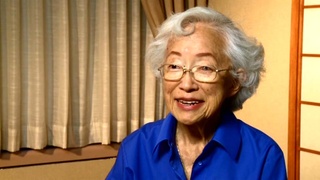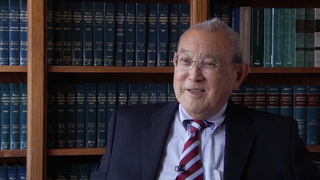Interviews
Discrimination in Air Corps
See, Hap Arnold was head of the Air Corps at the time—General Hap Arnold, which you may know his name—and he was extremely prejudice. So he didn’t want anybody with any kind of association with the Japanese to be a flyer and so…although there had been some success in being bombardiers or something, or gunners or something—there was one guy who did a lot, on the way I understand it. Pilots—no, to my knowledge there’ve been no one of Japanese decent that was a pilot during World War II, certainly not any during that general time frame…yeah.
Date: February 12, 2013
Location: California, US
Interviewer: Duncan Williams
Contributed by: Watase Media Arts Center, Japanese American National Museum with support of NITTO Tires Life History Project. Courtesy of the USC Hapa Japan Database Project.












